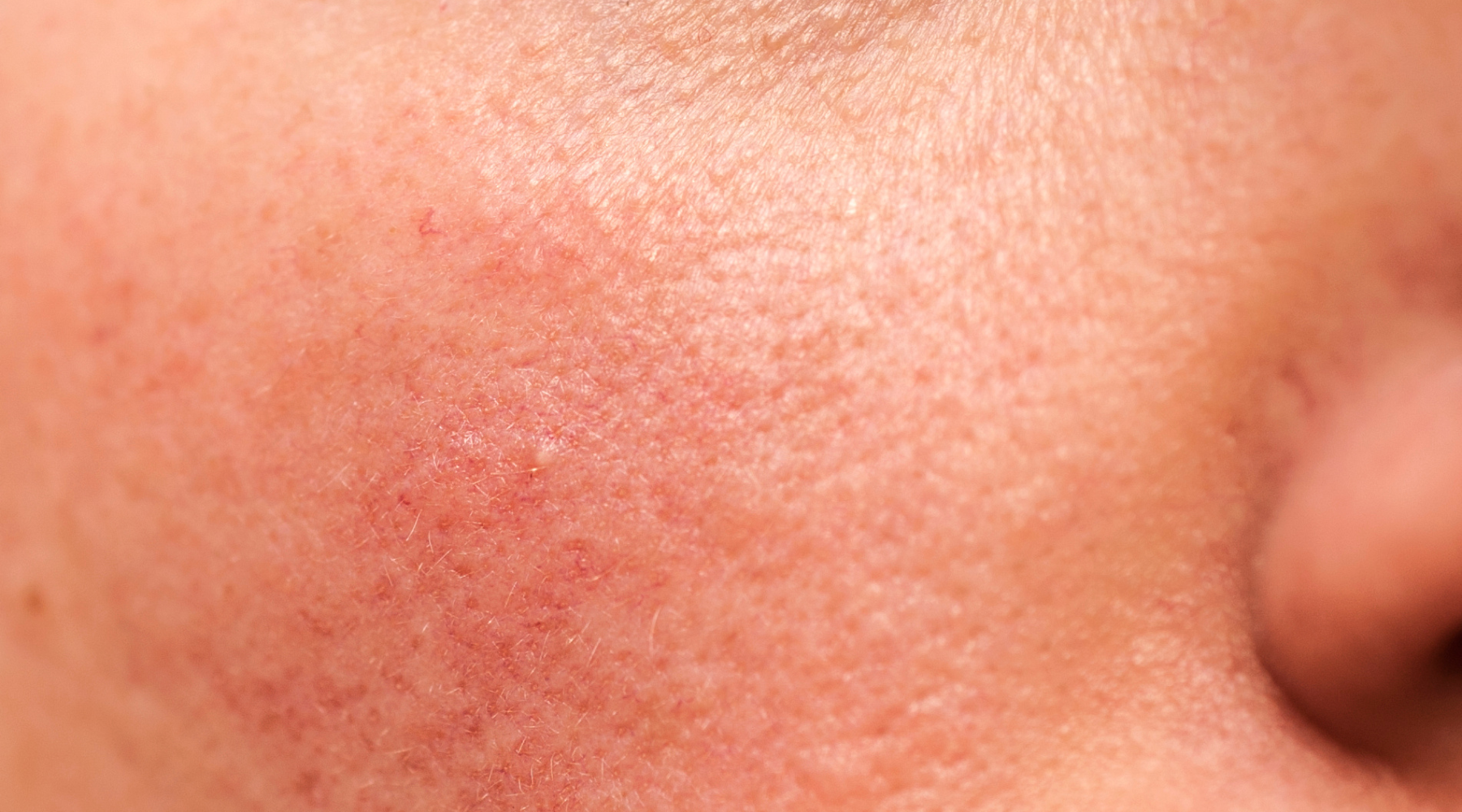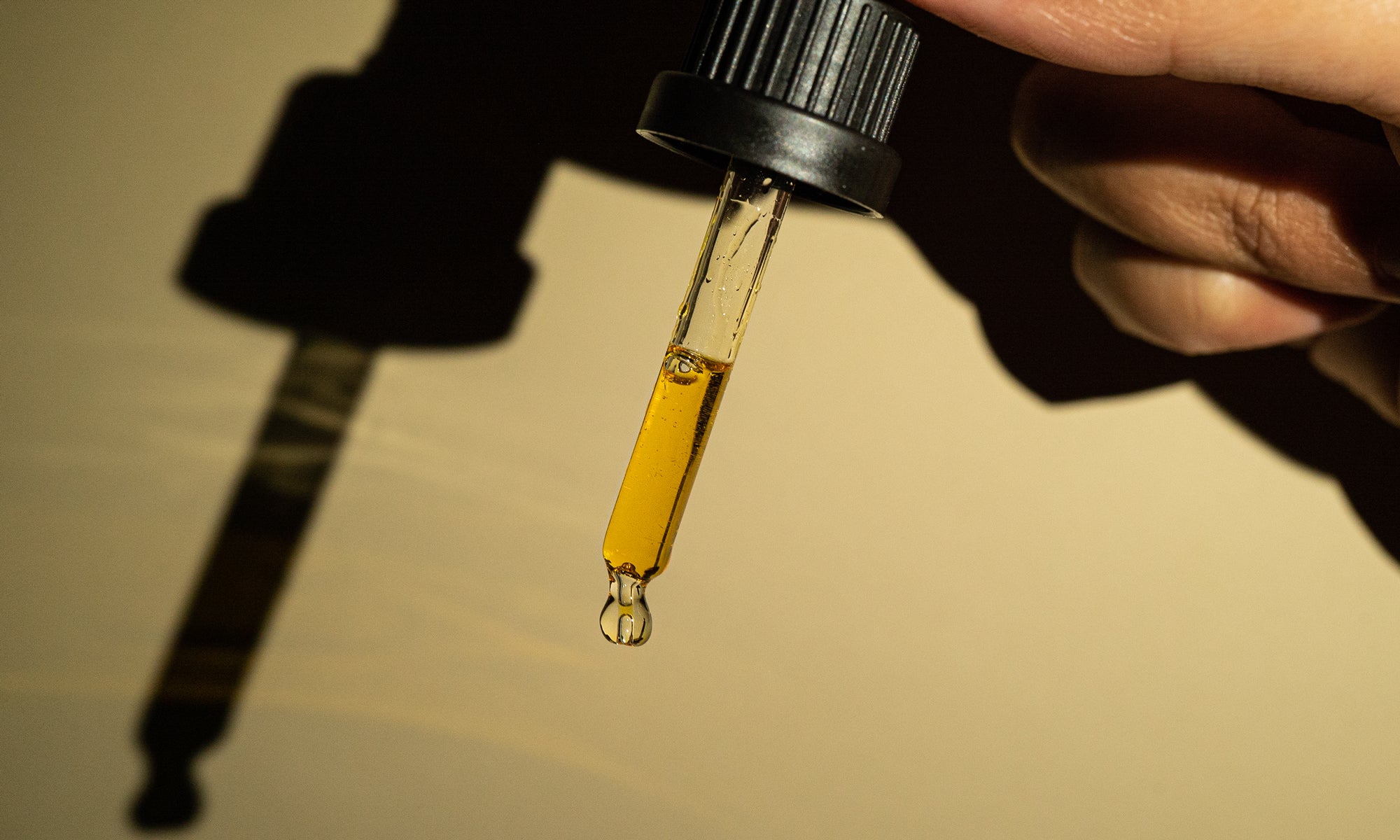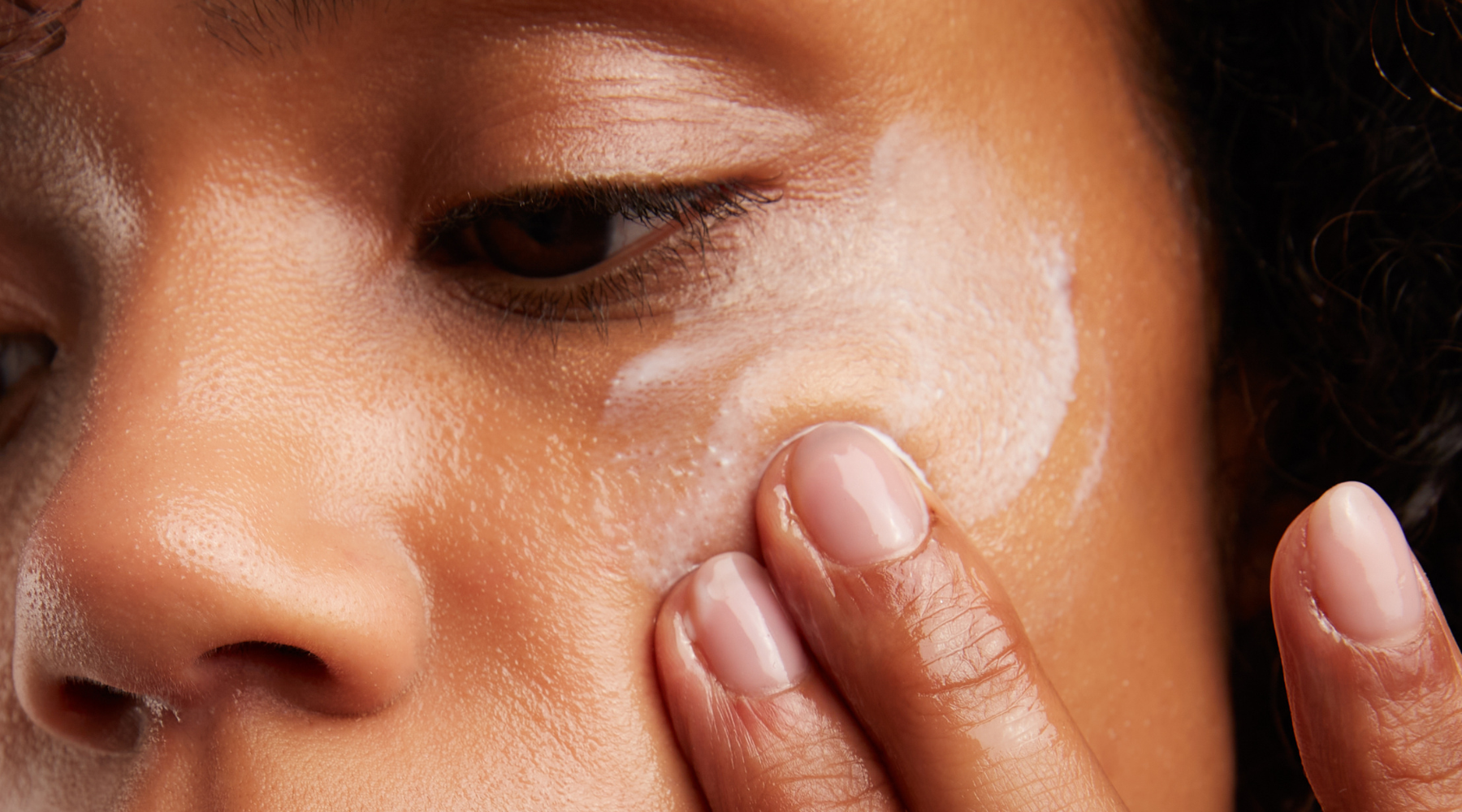
Skin barrier 101: What is it and how to care for it
Skin barrier-repairing products are increasingly popular, and this trend shows no signs of slowing down. But what exactly is the skin barrier, and why should you care about it? Let's delve into what the skin barrier is and why it's essential for your skin's health.
Understanding the Skin Barrier
To understand the the skin barrier, it's crucial to first look at the structure of the skin. The skin comprises three primary layers: the Epidermis, Dermis, and Hypodermis. The outermost layer, known as the Stratum Corneum (SC), resides in the epidermis and houses the skin barrier. The SC consists of a robust layer of skin cells called corneocytes, held together by a blend of specific lipids, which form the skin barrier.

Ceramides, cholesterol, and free fatty acids (FAs) are integral components of the skin barrier, filling the spaces between skin cells in the SC. This lipid barrier, or skin barrier, acts like mortar, binding the skin cells together.
Function of the Skin Barrier
The skin barrier serves as your body's first line of defense against environmental pollutants, viruses, allergens, and physical damage. It also plays a crucial role in preventing transepidermal water loss (TEWL), helping maintain skin hydration, plumpness, and overall health. Protecting and the skin barrier is essential for keeping you skin healthy, happy and hydrated.
Why Prioritize Skin Barrier Care
When addressing specific skin concerns, start by prioritizing the health of your skin barrier before incorporating targeted treatment serums into your routine. A compromised skin barrier can exacerbate symptoms of common skin conditions such as acne and eczema, leading to irritation, redness, and sensitivity. Applying potent treatments to a compromised barrier can further aggravate the skin, resulting in discomfort and potential damage.
A healthy skin barrier can more effectively withstand and recover from skincare treatments (e.g. exfoliating acids and retinoids) minimizing the risk of adverse reactions like redness, irritation, and flaking.
Habits to Support a Healthy Skin Barrier
- Cleanse with lukewarm water: Avoid hot water, which can strip the skin of its natural oils.
- Wear SPF daily: Protect your skin from UV damage year-round.
- Use a humidifier: Maintain optimal humidity levels, especially during dry winter months.
- Avoid over-exfoliation: Limit exfoliation to 2-3 times a week, adjusting based on skin type and condition.
- Keep skin hydrated: Incorporate ingredients like hyaluronic acid and glycerin into your skincare routine.
- Be gentle: Treat your skin with care, avoiding harsh scrubbing or abrasive products.
Ingredients to Support a Healthy Skin Barrier
To repair and maintain a healthy skin barrier, opt for skincare products containing ceramides, cholesterol, and fatty acids. Seek out natural plant oils such as jojoba, squalane, and rosehip oil, which are rich in omega fatty acids and helep nourish and replenish the skin.
If you take away one thing from reading this post, let it be this:
STRONG SKIN BARRIER = HEALTHY, HAPPY SKIN


